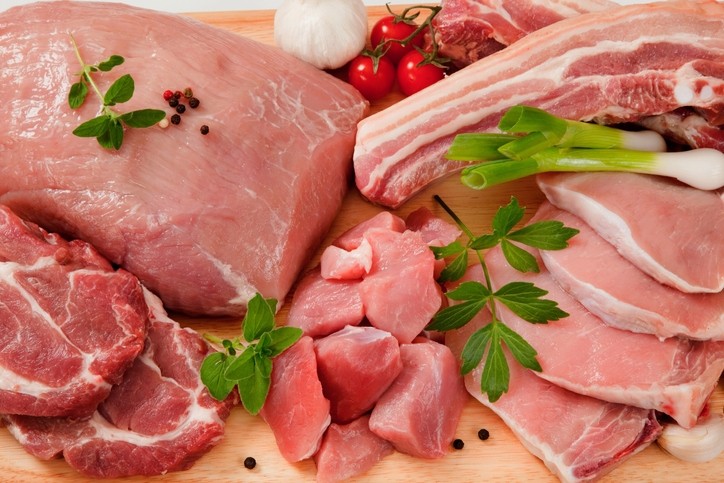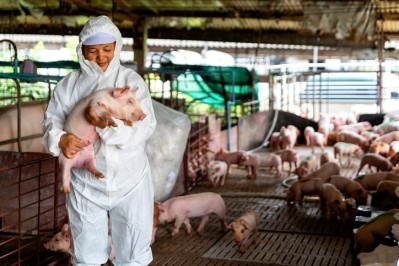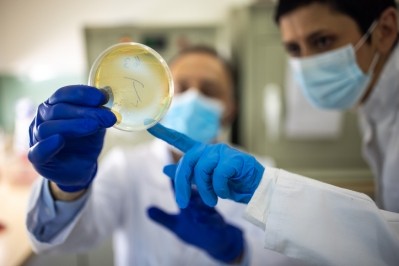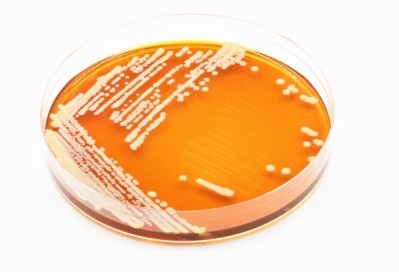Chinese researchers identify gut microbiota that may promote fat development in lean pigs

The Shaziling pig, a fatty breed in China, is considered locally to produce better quality meat than lean pig breeds such as Yorkshire, Landrace and Duroc, and that characteristic has been attributed to the Shaziling’s higher levels of intramuscular fat, said the team involved in the research.
However, few studies have explored the role of gut microbial development in helping the pigs to metabolize that fat, they added.
Jie Yin, a professor at the College of Animal Science and Technology at China’s Hunan Agricultural University, set out to explore the link between the two.
Pigs seen to have higher diversity and volume of probiotics
In a paper, published in the KeAi journal Animal Nutrition, he and his team explain how a comparison between the fat metabolic and gut microbial profiles of Shaziling pigs and the lean Yorkshire pig breed, led to them isolating a specific gut microbiota – Lactobacillus johnsonii – that can be used to increase the fat level and meat quality of lean pigs.
Prof. Yin explained: “Our study compared the Shaziling and Yorkshire breeds when they were 30, 60, 90, 150, 210 and 300 days of age. We found marked differences between the two breeds. For example, Shaziling pigs had a higher diversity and volume of probiotics. And we identified seven differentiated microbial species. Interestingly, these bacteria were found to be correlated to differentiated metabolites – the substance made or used when bodies break down food.”
Lactobacillus johnsonii, a species of lactobacillus, was among the probiotics found in much higher levels in the gut of the Shaziling breed. Prof. Yin said: “It seemed to be associated with the Shaziling’s ability to metabolize fat, so we isolated the bacteria from the fatty pigs and fed it to the Yorkshire pigs. To our surprise, we found that the amount of fat deposited in the Yorkshire pigs’ muscle and their growing performance improved.”
The results suggest that L. johnsonii has a role to play in increasing the quality of the meat in the lean pig industry, he said. But further research is required to validate and confirm this novel method, added the professor.








